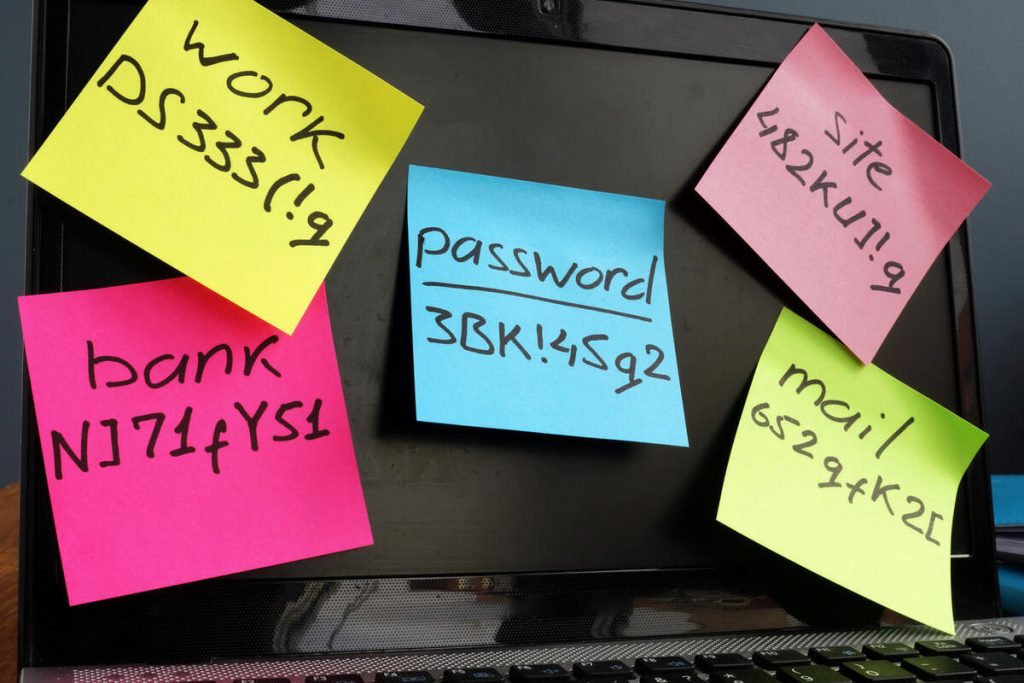With technology, the world has now become a global village. You can access data and information about anything/anyone at a click of a button. This is great as it has enabled people acquire skills and even get education through E-learning and others have started their careers through it.
Technology has also made travelling easier as you are able to search and get details about a particular destination online. You can book affordable flights and accommodation online by just a simple click.
As much as technology has made travelling easier, it also poses a lot of risks and dangers for travellers. Technology has decreased the safety levels of the information we share online. Using the internet at large poses a unique set of cyber-security threats.
When we travel, we mostly try to protect our valuables like bags, passports, wallets and our money. But, now we also need to protect our digital life. Not only are devices more likely to be lost or stolen, you also run a greater risk of connecting to an unsecured network and leaking your location and private information to potential crooks or scammers. We need to be cyber- secure by following the below safety tips.
Have strong passwords
This is the first and simplest way to be cyber secure. Whether it is the password to unlock your phone or access your emails and social media apps, they need to be strong. It is advised to have at least 6 digits or more which are a mixture of numbers, letters and symbols (“@$*).

Also have a two factor authentication (2 FA) which is a second layer of security to protect your account or which users provide two different authentication factors to verify themselves. This rely on a user providing a password, as well as a second factor, usually either a security token or a bio-metric factor, such as a fingerprint or facial scan.
Data Back up
Always back up your data. Whenever you update your systems, make sure that you have backed up your data. You can back up any kind of data even on your phone. This comes in handy when you lose your phone or laptop, or when your hard drive fails and you want to retrieve some important files. The best option is done via cloud but there are other types of data backup.
Insurance
Most insurance companies are now offering electronic equipment insurance at affordable prices. For as low as Kshs. 1,000 a month, you can insure your phone against theft in Kenya. This puts you in a safe spot just in case your phone gets stolen. Note that Insurance will not pay you if your items are stolen from the car seats because that is negligence. You have to keep your valuables in the boot where they can’t be seen and keep it locked. Make sure you also have travel insurance. I prefer Jubilee Insurance because they are my medical insurance providers making it easy to have them cover my other forms of Insurance.

Avoid free access public Wi-Fi
Any Wi-Fi that is free to access poses a great risk to you. Especially the ones that don’t require you to key in a password. It is very easy for hackers to intercept your connection and access your data, everything from your passwords, to credit cards numbers, and bank account details.
Ensure your device is set to ask your permission before connecting to a wireless network while on your trip. Do not use public unprotected Wi-Fi to do online purchases or financial transactions or access your personal banking details. Use password protected Wi-Fi and only trusted ones.
Disable Auto-connect and Location
Occasionally, personal devices are set to automatic pairing, giving cyber criminals easy access to devices. This allows them to easily steal data and to infiltrate systems with malware. On a Bluetooth-enabled device, hackers can pair to your hardware or interrupt the wireless transmission to steal your data. This is called Blue jacking or Blue bugging. With your location always on, people can track your whereabouts and this can lead to unsafe situations.

Data Update
Keeping technology software and applications up-to-date is crucial. Outdated software leaves users vulnerable to security breaches because hackers are often able to find security loopholes. Make sure all your data is updated before you embark on your journey. This also includes all your apps. They should be in the latest version available.
Safe storage
Never leave your electronics unattended. Be it in the hotel lobby, restaurant or conference hall. Safety begins with you. Keep them under lock and key. Be aware of your surroundings. When travelling, keep your electronic equipment in your carry-on baggage to avoid potential in-flight loss or damage.
Use VPN
You should connect to a VPN (Virtual Private Network) service to protect your information and encrypt your data. A VPN masks your IP address, encrypts your data, and hides your identity from any prying hackers. Those who travel for business are the most vulnerable since they usually carry a variety of sensitive information on their laptops, smartphones, and other devices.
Avoid Public Charging Stations
It is so easy to be drawn to public charging stations especially when you are on low battery and you don’t have a power bank. Travelers are warned against using public USB ports in the charging stations as they may contain dangerous malware. This can lead to juice jacking which is a type of cyber-attack involving a charging port that doubles as a data connection, typically over USB. It often involves either installing malware or unauthorized copying of sensitive data from a smartphone, tablet, or other computer device.
Install Anti-virus
It is a good precaution to have an antivirus installed on your phone or laptop. This ensures that no malware gets to your data or the device. The antivirus should be up to date.
Stay Safe
At the end of the day, it is our own responsibility to ensure that you are safe. Always be aware of your surrounding and make sure you are taking care of your belongings at all times. Do not leave your luggage or electronics unattended nor should you trust strangers with your belongings. Not everybody is as genuine as they may seem.
When we think of safety, we should not only think of personal safety but also our cyber security safety. So, as we make our travel plans, let’s make sure we stay safe. Better be safe than sorry. Safety comes first.
